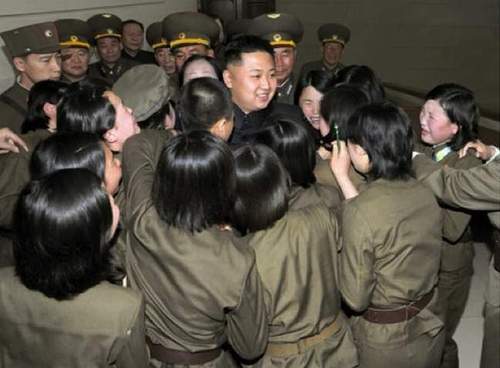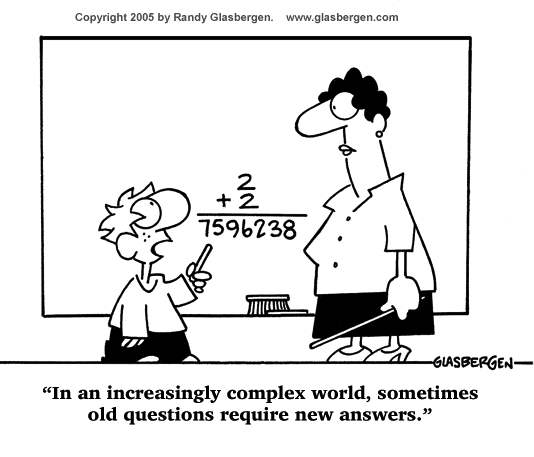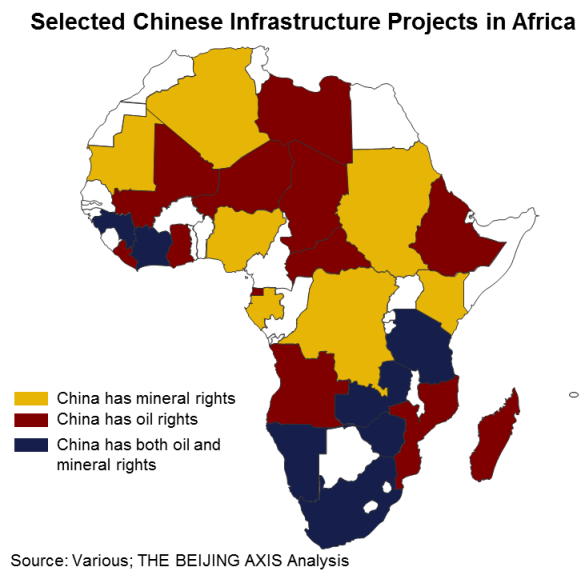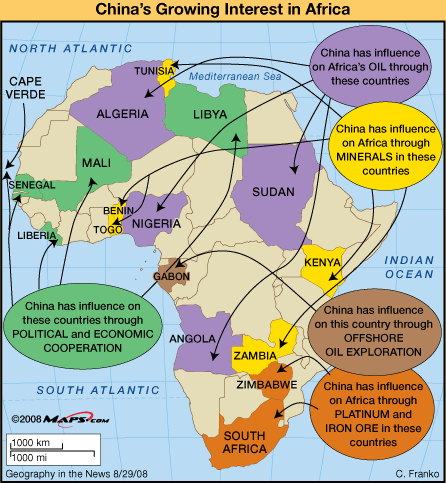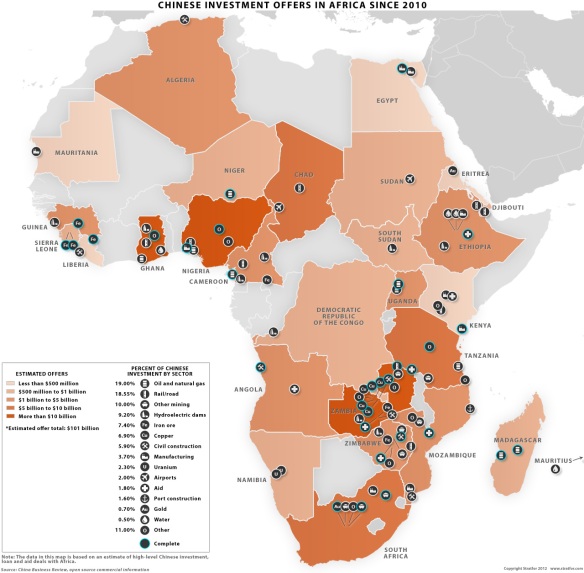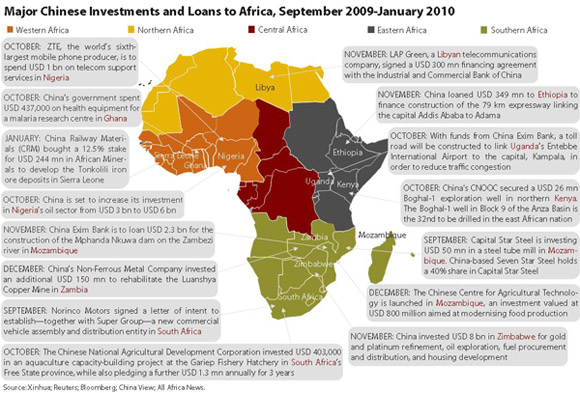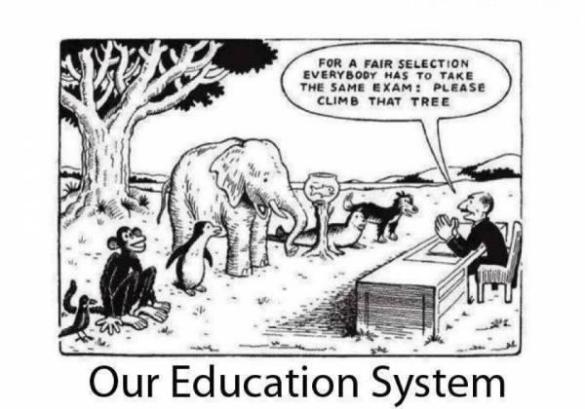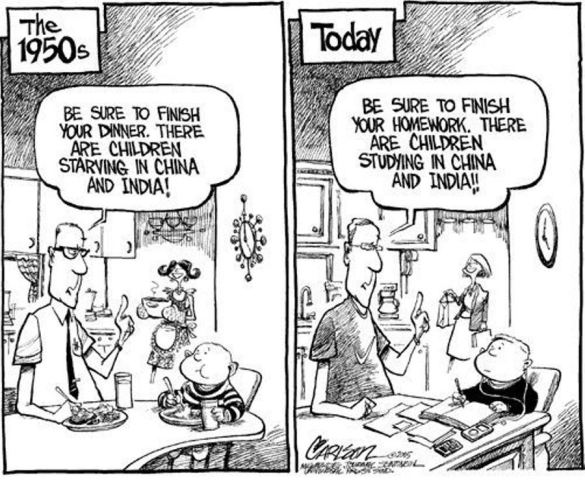
Bookstores are never devoid of self-help books. Piled up in racks, with these self-titled ‘inspirational speakers’ portraying the so-called three-finger smile, with jargons typed in eye-catching font size, with edgy messages, and their invigorating might to make laconic people look sprightly, all-do-well again, these books have never ceased to enrapture our eyes, and enigmatically magnetize our attention to these contents. Flipping the books pages through pages, you feel as though you had found the ‘genuine’ medication for your ailing soul, as though it were an elixir even more sacrosanct than the mercury meccas of the kings and potentates in the past had ever drinken were of null-and-void advantages. Life starts to be so beautiful. The usual wallowing of toddlers is conceived ‘just another variety of soundscape’. The daily dishes either your mom or your wife cooks sounds to taste like as though they had been possessed by Alain Ducasse, or Ferran Adria. One then has a greatly, pushy urge to encourage his or her fellows, the ones having the same mindset as he or she used to be, to ‘make them envision their greatest dreams, take whatever risks, to achieve goals no matter how preposterous they sound to others (being richer than Rockefeller in 10 years, perhaps?), and to leave your own ordinary, Euclidean-box life what these motivators call ‘tedious’.
Up to this point, the eulogy we pay to motivational speakers (attending a Jack Canfield training program, for instance, costs one, suppose a premium, nearly 30,000 US$, similar to paying for TED Conference for 5 years) has somewhat turned into a deep devotion. We feel it keen that they are some kind of messengers, like they have the providence the so-called ‘Divine Creator’ has assigned them in this planet, and like all their advice should be thoroughly followed and savored utterly contemplatively.

I need to be honest about such happening. Having read such books, our existence becomes so highly enlightened, we cherish the fact that everybody of all those 7 billion spectres in this planet, whether it is United States or Indonesia or even Malawi, can be one, to an extent, as splendid as Bill Gates, or as investment-savvy as Warren Buffett, or even as relentless as Mother Theresa. Everybody strives to become the best individual he or she has sought to be.
A conclusion is drawn: like economic textbooks, these motivational books also present ceteris paribus cases. Assume there is no luck, no divine intervention, no geographical, political, economic, social boundaries, nor even social stratification and segregation, and only failures as the main variable needed to be tackled, success is a stone’s throw away from our toe-nails.
Success turns out to be even more complicating than it seems.
Imagine these questions: how many million people in Nigeria do have the same talents as Bill Gates does, while regimes, despite multitudes of coup d’etats and uneasy elections, largely overlook the country’s decrepit infrastructure? How many thousands of Albanians have the same IQ (and logical conscience) as Warren Buffett possesses when an MLM fiasco in 1997 almost sparked a civil war? What ‘loopholes’ can only some of the world’s richest persons access while those readers think they themselves can even surpass these individuals? What, in addition to one visioner’s grandiose dreams, that propels him or her into an ‘outlier’? Do even motivational speakers themselves probe deeper to such inquiries?

Briefly to say, they are no more than your next-door neighbors, having the same humanly sensitive traits like I and you possess. They may be at times depressed. Or get knocked down by something they can no bearably imagine in the sweet-talk seminars they usually host. Or become rambunctiously ill-defined to mark a meaning of life. You think they may always begin their day quotidian, readily charged with full-power, turbo-charged ‘positive thinking’, and chant ‘my dearest, god-blessed wife, I am gratuitously thankful for having such a cute sweetheart’, while at times you feel a bit humiliated, thinking she’s way towards obesity?
Still, despite our uneasiness with motivators, it’s wisest that we do not ridicule them for the job they are doing. Motivating people, say the least, is the ‘right’ thing they ought to do, instead of promising them blessed heavens after committing suicide. What they are doing is no different from what an MLM agent does, or what a company advertises. They market the ideas of success like the agent (a very alternative naming for their obnoxious job) promotes the wellness of the products they purchase without further consideration regarding the contents. Or like how a company, capitalist alike, markets the definition of ‘dream lives’. Luxurious cars, two-storey minimalist-design mansion, once-in-a-year globe-trotting takeaway to exotic beach resorts, million-dollar businesses, and grandiose paychecks made to charity trusts per annum. Life must be luxurious and do-gooder, mustn’t it? I have such dreams, you have such dreams, too, and I even dare to bet that in minimum half the worldlings must have dreamt such enormous expectations. That’s very ‘normal’ once we get seduced by the motivators’ wordings.
But wait. Is the definition of success constricted to sports cars, mansions, holiday trips in resorts, and big donation? That’s all?
Turns out motivators have paradoxically attempted to ‘square’ the audiences’ minds regarding the notion of success, while they repeatedly ‘force’ us to get all the hell out of our self-made boxes.

Warren Buffett remains modest with a 50s-type two-storey home (though he owns multiple construction and real-estate businesses, and he could make a great, hellish chunk of capitalist fantasyland based on his own imagination), boards an economic-class airplane (though he controls the world’s largest private jet maker), drinks Coke and eats sweets (though he can afford caviar three times a day), and builds a hundred-million-dollar skyscraper rivalling Donald Trump’s.
Even with 60 billion US$ in hand (most people dream of being like him when they are, instead, becoming his Doppelganger), he could afford many more impossibilities else, once in a century’s lifetime. He could have bought nation-states, built a starship, and set up a skyline-tinted metropolis the life size of Doha or Dubai, but he realizes squandering way too much money only generates more waste. He doesn’t seem so much affected by the ten-digits he has accumulated, up to his octogenarian period. He’s even never aimed to have had so abundant amount of money like now he’s attained during his childhood. “I was plain fortunate that I was born in America. Had I been born somewhere else, I could have not been the man I am today.” He said in an interview. It’s reminiscent of Malcolm Gladwell’s ‘outliers’ theory’.
There is nothing wrong with dreaming up the impossible, but it is often – either motivators or the audiences listening to their preaches – that irrational expectations come out. I vividly recalled the moment I read ‘The Secret’, in which one of the chapters suggested that the readers make ‘highly classified personal dream notes’, keep them somewhere in any boxes except Pandora’s, then repeat and reiterate their dreams, making a subconscious recital over and over, and our dreams would ‘definitely’ come true. The book even emphasized in this form (I had bequeathed it to our home’s ex-servant, however, so I could not quote it here, but say the least I still remembered, quite much, about the wordings): you do not have to think too much about your dreams. Your mind is all-connected with the universe, that is bound for life, that amplifies the subconscious waves of all your deepest, childish dreams. You do not have to attempt too much; all you need to do is ‘believe’.
So just close your eyes, lo and behold, believe that 2 trillion dollars could appear in your banknotes in 15 seconds, and all of a sudden, Japan has lost 40% of its GDP.

I read The Secret when I was a first-grader in Junior High School. The time when I did not recognize the word ‘lacklustre’ in dictionary, when every additional book that I brought to school was always related to motivation and inspiration, when I thought that disseminating ‘positive thinking’ could make this world a better place, when I absolutely remained confident I could be in the school’s top 10 parallel ranks and got a full-year scholarship, and when I kept on taking chances to speak in front of the class to provide them ‘role models’ they could use to make our lives more successful.
I only came to realization that I still saved my ‘personal dream notes’ I had long concealed somewhere else that was instead placed in one of my flash disk’s folders, which I had never read for the last 6 years.
At first, I thought such dreams were ‘exhilarating’. Now, 6 years later, they sounded ‘way too humiliating’.
SEVEN AMBITIONS
1.At age 40, my net worth is 1,000,000,000,000 £
At age 55, my net worth is 100,000,000,000,000 £
At age 75, my net worth is 10,000,000,000,000,000 £
At age105,my net worth is 1,000,000,000,000,000,000 £
2.I wish to marry a beautiful blonde-haired girl, 7 years younger than me, when I reach my age 30.
3. I wish to learn more about computer system and creating the biggest “search-engine robot” in the world, so it will produce “instant-money” for me.
4. I wish to have 7 handsome, pretty, smart, helpful, and ambitious children.
5. I wish to live in Monaco, forever.
6. I wish to create the greatest business empire, from my own computer.
7. I wish to change my name, to William K.Chang.
Nothing is impossible.
I will be legend in everything.
Priceless.
Rockefeller’s Oil Business Producing 1,000,000,000,000 US$ for him and his family. As rich as Rockefeller, must be possible to change the world.
Having read this testimony (with hell so many grammatical typos), I bet my bottom dollars that I am ready to vomit up if I have to. Unless I live in a parallel world.

I was highly misunderstood to think that John D. Rockefeller had persevered all by his own to reach the undefeated status even the richest men today could hardly outperform him. I even thought he had 1 trillion dollars in his personal cash, when historians and economists instead came to a consensus that his 1-billion-dollar opulence he obtained in 1911 is now, adjusted to inflation, valued at approximately 375 billion US$ in 2011. In my point of view, this remains dubious, especially after I realize that bulk of the businesspeople around the world, and throughout modern history, had never remained ‘honest’ about their actual size of wealth. I am still used to believing that his wealth may have actually surpassed 12-digit marks (that’s my own instinct), but I absolutely believe that my personal claim is too lackadaisical of concrete evidence. That’s for sure.
However, what does ‘a paramount of wealth and Midas-esque overabundance of gold’ translate when he used unscrupulous strategies to acquire oil companies operating in United States, mostly by coercive forces? What does such digits mean when many of the people employed in his business empire, Standard Oil Group, now dissolved into ExxonMobil, Chevron, and ConocoPhilips, were living a destitute life?
Life changes every often, and so do I. As time goes by, I became increasingly fed up with all these Baedeker. If the universe were finely tuned for life, would the NASA astronomers keep patrolling everyday to watch out for asteroids? Would there by countries, nations, military forces? Would there even be mass media? The world envisioned in The Secret were way beyond utopian, briefly speaking.

In the final year of Junior High School, I ceased hinging on motivational books. That was when I barely made my name among the parallel-rank list. I realized my dreams were too innavigable, and life burdens all of a sudden seemed like peaking up exponentially. Freeing myself off these stuff, at first that was uneasy, because people addicted to ‘motivitamins’ were as likely to reiterate ‘have you achieved your great dreams today? If not, shame on you!’ mantra on people everyday as drug addicts might possibly dream the dreams of their own imaginings. I became easily skeptical, and at times, cynical about the whole world. That was also the juncture where I abandoned my dream of obtaining 2 trillion dollars (rather than crucify Japan’s GDP), of writing larger-than-universe fantasy book I aimed could surmount Harry Potter’s 1-billion-mark record (I still keep one in my flash disk, though, as a memento), and of surpassing Rockefeller’s record. Opulence, wealth, and towering affluence seemed no longer efficacious for me. At that moment, I had a reversed mindset about motivators, switching it so rapidly that as though it were just so langsyne. Their words were applesauces, their books fiddlesticks, and their appearance superbly artificial. Their messages did seem contradicting with the chaotic reality of this world, the inapprehensible nature of the universe, and the fragile traits of human nature. Are we programmed only to smile and say ‘I’m so happy today’? Can’t we learn to cry, to express sorrow, to feel wrath, to get our hearts beat, and to live the way we are humanly are? What is the meaning of life? Everyone figures out one by his or her own. From that question, my mindset gradually changed.
After the disappointment, there came a moment of self-reconciliation, exactly on the first year of Senior High School. After further thought experiments, I concluded that it was my fault that I firstly believed, and disgusted, those motivators too deeply. Motivators are not cherubs sent from heaven; they are only doing the job they are supposed to do, nothing else. They know sweet-tongued words translate as higher pay, and higher sales in seminars and book quantity. Who can resist that offer? And who makes the fault when one takes their words overtly funereal? Ah, I just made a huge mistake I thought I had been correct.
Now I do not have to be so namby-pamby about them. It’s nicest to remain neutral regarding all the self-dubbed spirit-inducing wordings they utter. You still listen to the talks, but you know which ones are relevant and which ones are castles in Spain. Motivators are still ordinary human beings. Even spreading out positive thoughts does not make a better world today; skepticism is always the beginning of knowledge. What you see, on a subatomic level, as particles, others may perceive as waves. Changes are imminent, mostly beyond our predilection. And for that thought, we need to watch our minds very closely.




